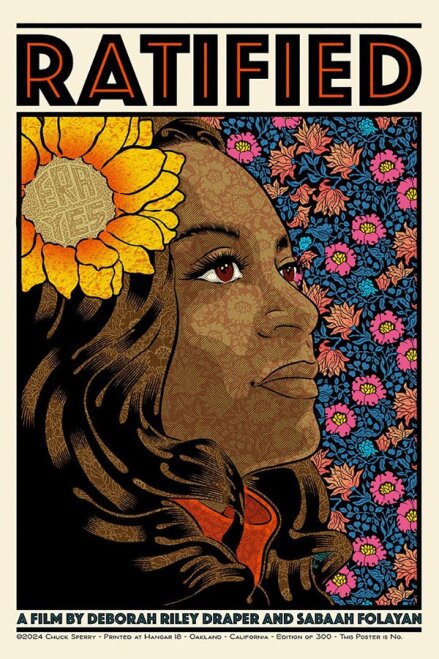Series event looks at screenwriting
November 12, 2014
Madison College showcased three local screenwriters during its Writer’s Life Series Thursday Oct. 30 at the downtown campus.
The free and public event brought in local writers Rebecca Williams Spindler, Ken Miyamoto, and Sig Ueland to a panel discussion about the challenges of writing and selling scripts in Hollywood.
Moderator Bob Curry, a Madison College instructor and screen writer, said the event was organized to, “…introduce the audience to the life of the writer; what is it like to be a screen writer.”
The panel of writers spoke about their experiences in the film industry and gave tips to aspiring writers. All said learning the three-act structure is key when writing for film and that you really have to network to have any success.
Spindler has written nine screenplays and has won two awards for novels she has written, most recently the 2013 Tofte/Wright Children’s Literature Award for “Moving Out and Moving On.” Spindler began writing novels and switched to screenwriting in 2005. She said the switch in formats was made easier because dialogue is what drove her stories to begin with and that carried over very well to film.
The panel of authors all said that it can take a long time to have any success with a script and most scripts are never purchased or produced. As a screenwriter and a HR professional, Spindler warns aspiring writers to not quit their day job.
“You might have a really crappy day job, but you know what? I’ve found crappy day jobs give you great character sketches,” said Spindler,”Because you work with really interesting people and really interesting circumstances. I ride the Madison Metro bus every day to work…I get a hell of a lot of material riding the bus.”
Spindler also said that writing for contests, being disciplined, and holding herself to deadlines are key to her success.
Ueland graduated from UCLA with a MFA and went through a two-year program at Second City in Chicago, the famous improv troupe that has launched the careers of many young comedians. Sig works on many projects and one of his scripts “Coffee, Kill Boss” was made into a movie and premiered on opening night at the Austin Film Festival in 2013.
“You never really know where you’re going to get a break,” said Ueland, “One of the worst mistakes I’ve made is when you’re sticking with a script for too long. You should be developing multiple things. I love screenplays, but it’s not Shakespeare. You should not be spending your whole life on one script.”
Ueland spoke about writing in three-act structure and how it can help when writing and pitching movies. He said he will watch several films that are similar to what he is wanting to write about to try and develop a structure for his own script. Ueland gave a little insight as to what you should be thinking about when constructing your story in three-act structure.
“A story is the history of a problem. It’s not your protagonist. Your protagonist gets ensnared in the story,” said Ueland, “Your protagonist should be resistant to your premise until your second act. Really if you want to sell your script in Hollywood, when they get in the second act, it’s really what they wanted to do in the first place. Your first act is about getting them in to a place where they finally will make that leap in to the second act.”
Miyamoto moved to Los Angeles and started out by working as a security guard for Sony. He was soon on a first name basis with executives and A-list talent. Miyamoto said the industry is all about networking and anyone interested in the industry should do whatever they can to get inside and meet people.
Miyamoto was given a studio liaison position and eventually became a script reader for Sony. He has written several movie scripts as well as the TV series “Blackout.” Reading countless scripts gave Miyamoto invaluable insight in to what studios are looking for in a script.
“Reading scripts is going to be your best education. It was my best education as a studio reader,” said Miyamoto, “The more scripts that you read, the more movies you watch that are similar to yours; that is the true education that you need.”
Networking is key to success as a screenwriter Miyamoto and the panel reiterated.
“Every deal that I’ve had was primarily through networking,” said Miyamoto, “Being in the right place at the right time with the right person who’s ready to pull the trigger.”
The screenwriters gathered at Madison College gave incredible insight to the world of screenwriting and gave several great tips for aspiring screenwriters. The group encouraged everyone who wants to write scripts to form or join a writing group as well as checking out the Wisconsin Screenwriters Forum as a resource.
The Writer’s Life Series will continue on Nov. 20 for a panel discussion on writing ads as a career.






























